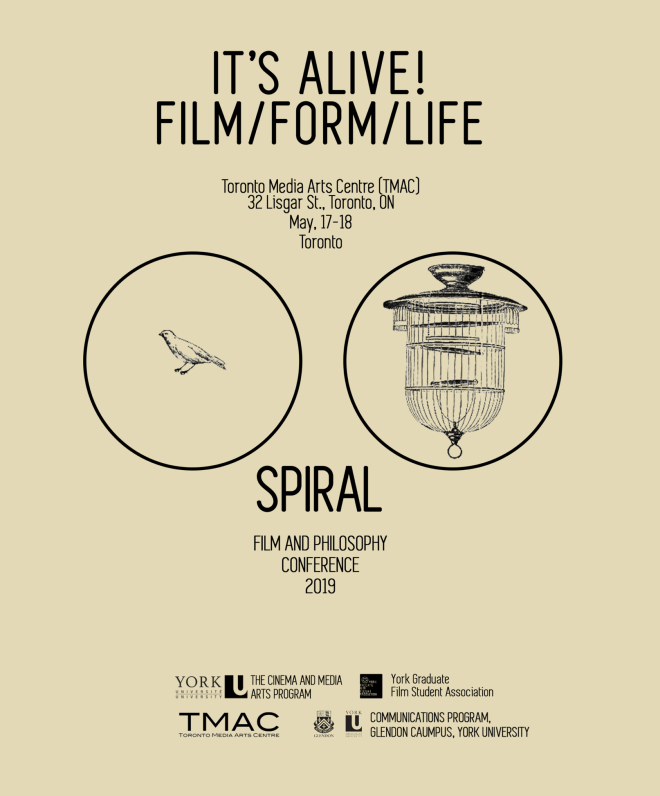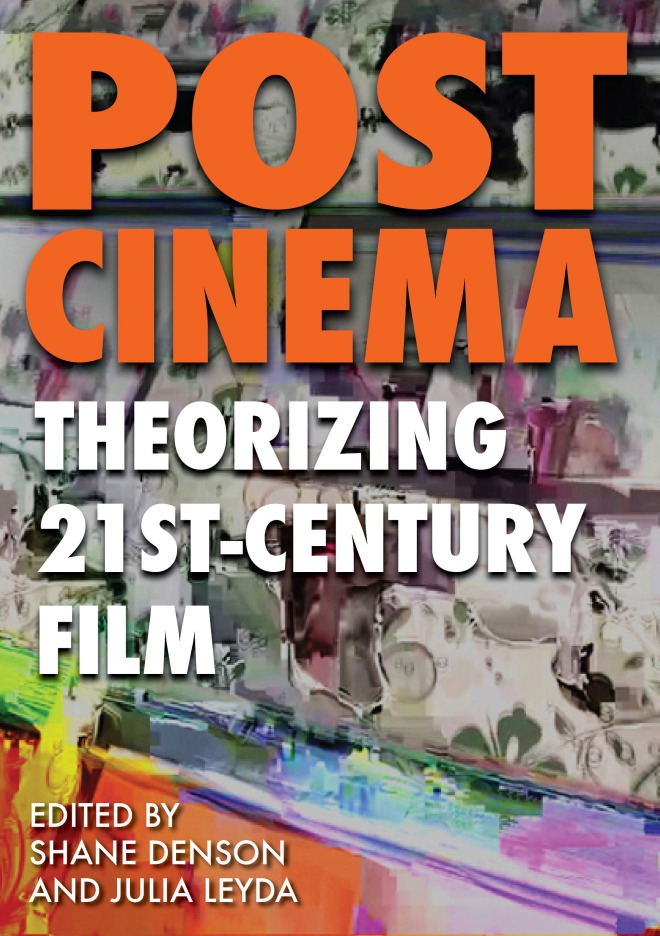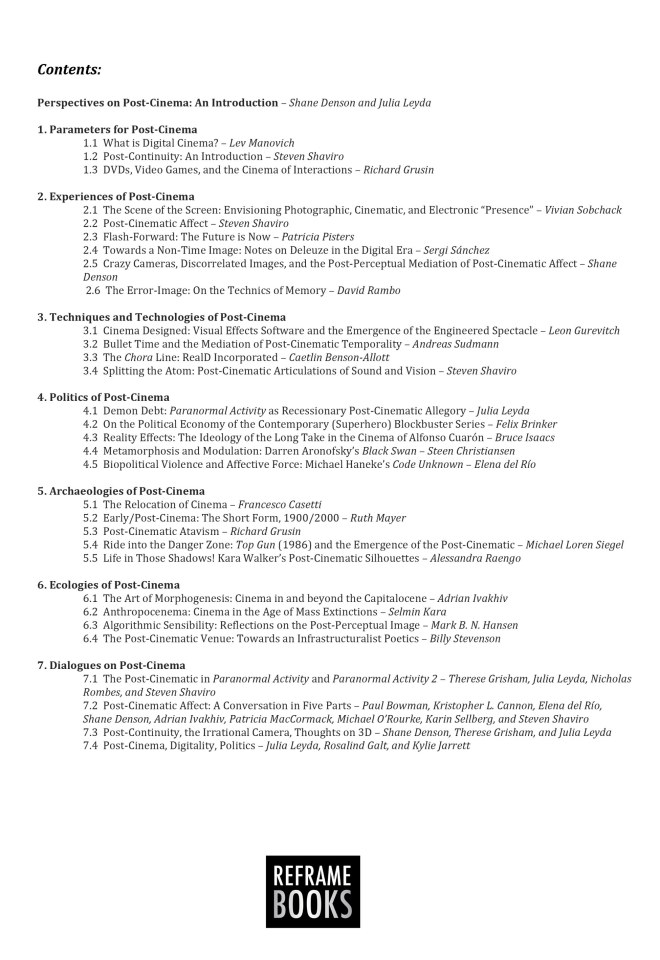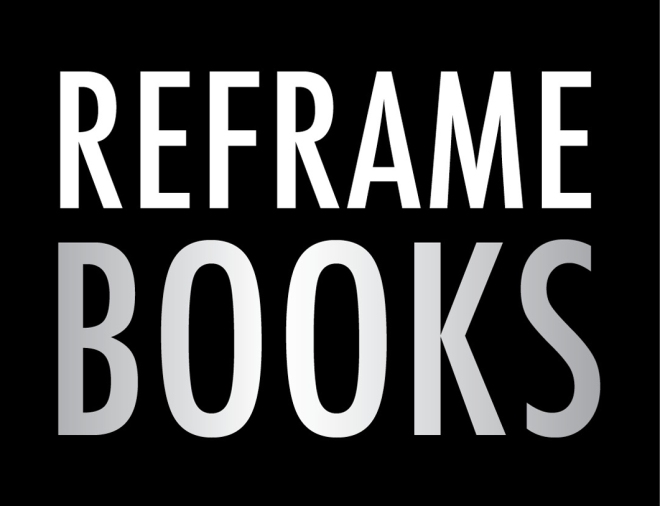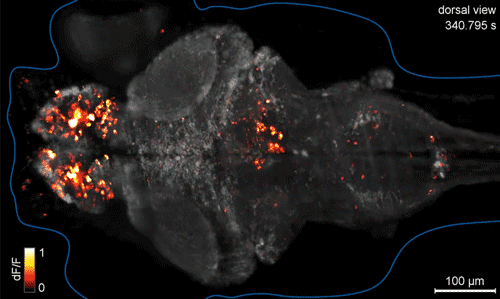The Filmmaker as Metallurgist: Post-Cinema’s Commitment to Radical Contingency
Patricia Pisters (University of Amsterdam)
Contemporary film, television series, and visual arts have a particular temporal and narrative aesthetics that show how the future, always speculative and multiple, has become the dominant time for thinking. I propose calling this aesthetic mode of the digital age “the neuro-image” (Pisters 2012). Following Gilles Deleuze’s movement-images and time-images, neuro-images increasingly present us time as multiple feedback loops from possible futures, parallel worlds, and complex narrations where subtle differences can cause a world of (micropolitical) variations, different pasts for different futures.
This presentation will look at the ways in which contemporary artists and filmmakers are committed to the radical contingency of the audio-visual archive – committed to revealing hidden dimensions of history and/in our collective audio-visual archive, in order to revive new perspectives and reveal new versions of the past that seem necessary for the future of “a people to come.” In her project The Archival Fourth Dimension, for example, artist Sarah Pierce revisits newsreel archives and proposes to uncover “a different past” in Irish and colonial history. In his installation homage to Stuart Hall, The Unfinished Conversation (2012), John Akomfrah shows how personal and collective archival footage are in a perpetual dialogue where poetry and politics form an intractable bond and history becomes a speculative world of alternative histories. Silvia Kolbowski resurrects Ulrike Meinhoff in A Few Howls Again (2010) and speaks up for her corps, giving a voice to haunting questions of war, violence, and terrorism. And in Zandj Revolution (2013), filmmaker Tariq Teguia makes a journey from Algeria, to Lebanon, Palestine, Iraq, and Greece to find inspiration not only in a past revolution – the ninth-century revolution of the Zandj slaves in Iraq – but also in a rebellious and migratory cinematographic style that captures and foreshadows the spirit of the Arab revolution.
Looking at examples such as these, the presentation aims to show how filmmakers become “metallurgists” (Deleuze and Guattari 1994) following the matter-flows of the archive, bending it in concrete forms that can escape from the mnemonic depths and take on a new life, an afterlife. As a politics and a cinematic aesthetics, this undertaking becomes a never-ending story of “trying again, failing again, failing better” with a radical and speculative commitment to the contingencies of history.
Bibliography:
Deleuze, Gilles, and Felix Guatttari. A Thousand Plateaus. London: The Athlone Press, 1994.
Eisenstein, Sergei. The Film Sense. Trans. Jay Leyda. San Diego, New York & London: Harcourt Brace & Company, 1947.
Shaviro, Steven. Post Cinematic Affect. Winchester, UK: Zero Books, 2010.
Pisters, Patricia. The Neuro-Image: A Deleuzian Film-Philosophy for Digital Screen Culture. Stanford: Stanford University Press, 2012.
Author Bio:
Patricia Pisters is professor of film studies in the department of Media Studies at the University of Amsterdam. She is one of the founding editors of Necsus: European Journal of Media Studies. Publications include The Matrix of Visual Culture: Working with Deleuze in Film Theory (Stanford University Press, 2003) and The Neuro-Image: A Deleuzian Film-Philosophy of Digital Screen Culture (Stanford University Press, 2012).
